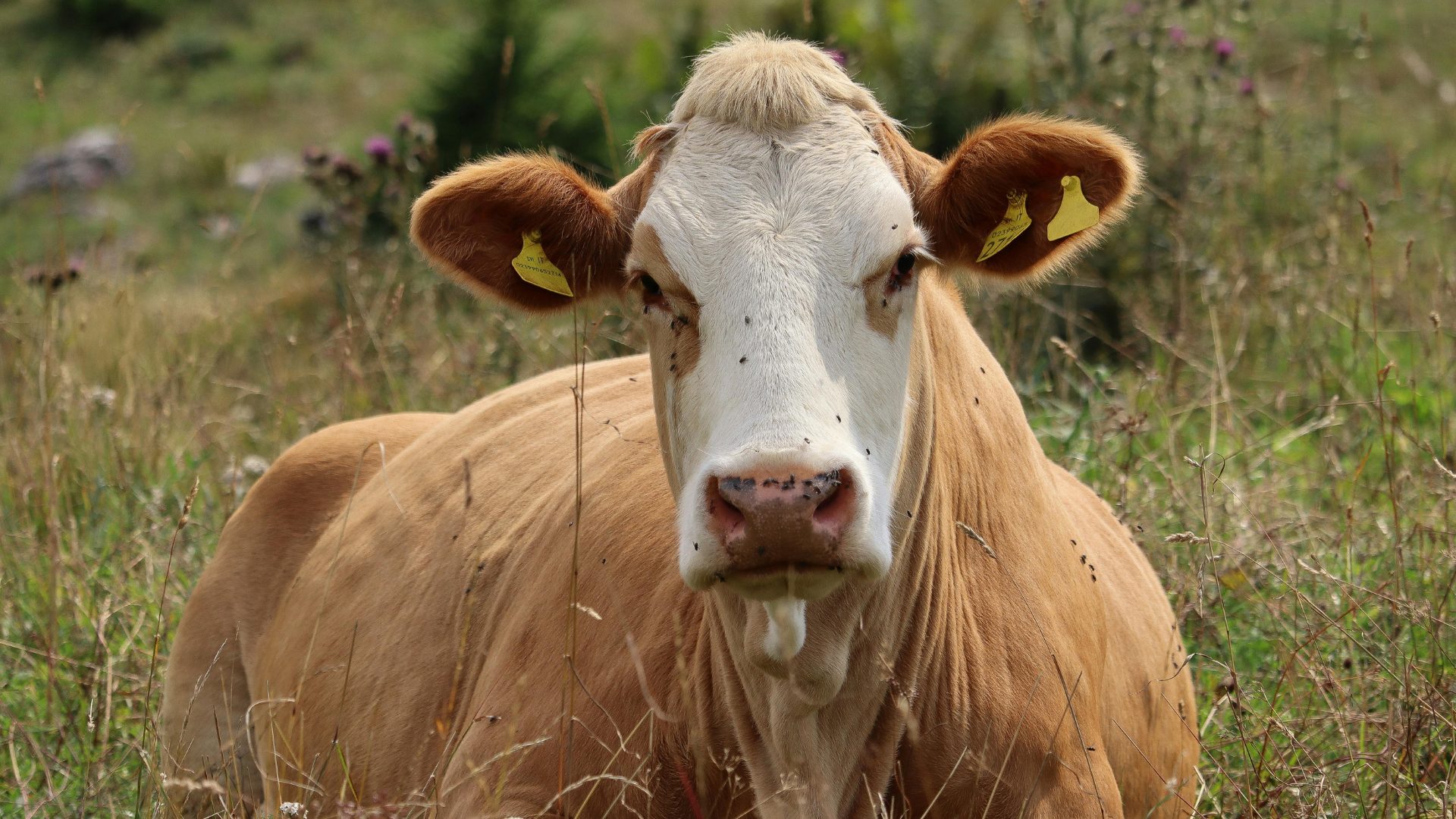Former Vice President Joe Biden became the U.S. President-elect on Nov. 7, leaving some farmers with concerns about the future.
U.S. farmers are worried that Joe Biden’s election as president will result in stricter environmental regulations and other restrictions, reported The Wall Street Journal (Nov 9). While Biden has pitched climate-focused policies, some farmers fear that the administration will give priority to green initiatives that they say translate to red tape and legal liability.
Although the cash infusion from the Trump administration helped some farmer’s balance sheets, National Farmers Union president Rob Larew hoped a Biden administration would adopt a more strategic approach to tackling the sector’s problems.
“Farmers are not in great shape,” Larew said. “It’s hard to imagine that the assistance we’ve seen in agriculture is sustainable.”
A Biden EPA might be more favorable for corn-based fuel additives, according to Todd Becker, CEO of biofuels maker Green Plains Inc., but major environmental legislation will face obstacles. “Biden can’t make that big of a move because he doesn’t have the Senate,” Becker said. “I don’t think today there’s a path to a Green New Deal.”
On farm labor, where the Trump administration’s tougher immigration policies have made it harder for meatpacking plants and dairy farms to fill jobs, Biden said he would provide a path to legal status for farmworkers based on their labor history.
“President-elect Biden will be presented with opportunities to improve the lives of rural Americans and this nation’s farmers and ranchers, who are facing challenges never experienced in this country’s history,” said American Farm Bureau Federation President Zippy Duvall in a statement. “A global pandemic, trade disputes and severe weather have converged to take a mighty toll on agriculture and beyond, impacting families and communities across the U.S.”
Duvall urged all those chosen by the people to use the election to “turn the page on partisanship and commit to working together.”
“We must strengthen the farm bill and build on advancements made toward regulatory reform to remove the barriers to prosperity while protecting resources with which we’re entrusted,” he continued. “We urge President-elect Biden to identify these as priorities.”
Meanwhile, Biden’s approach to trade negotiations aims to be less combative than his predecessor’s. He said he would enlist other nations for a broader push for fair-trade practices in dealing with China or other countries. This could limit China’s ability to retaliate with its own tariffs on U.S. farm goods and shield U.S. farmers from market swings, according to the campaign.
Chinese crop futures retreated after Biden’s election as the U.S. President-elect spurred expectations of more farm imports from America under a bilateral trade deal to meet domestic needs, reported Bloomberg (Nov. 9).
China will likely push the trade deal forward, leading to higher imports to corn and soybeans due to expectations of improved relations under a new president, according to Tian Yaxiong, an analyst with China Futures Co. Corn imports could surge to 20 million tons.
Corn prices fell to its lowest in more than five weeks, while food soybeans posted their biggest loss in more than two weeks and soybean meal dropped as much as 2%.












